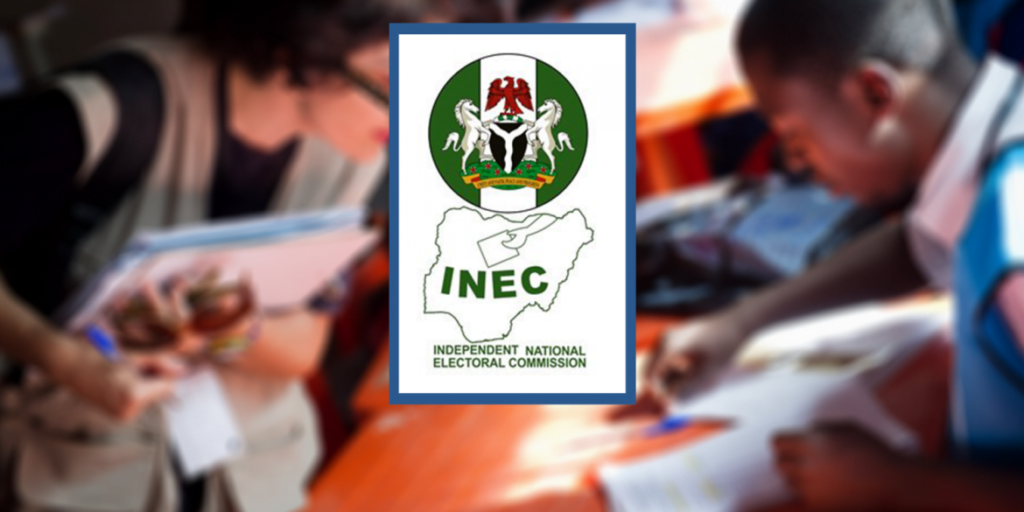By Ismaeel Aleem
The Independent National Electoral Commission (INEC) has rejected allegations by the African Democratic Congress (ADC) that voter registration figures in Osun State during the ongoing Continuous Voter Registration (CVR) exercise were inflated.
The commission described the claims as misleading and unsupported by historical data, asserting that the reported figures align with established patterns.
READ ALSO: Jonathan calls for reforms in INEC leadership selection
The controversy arose after the ADC, through its National Publicity Secretary, Bolaji Abdullahi, questioned the credibility of INEC’s data, which showed Osun State recording 393,269 online pre-registrations between August 18 and 24, 2025.
The ADC argued that these numbers defied demographic and electoral trends, warning that such figures could undermine public trust in the electoral process ahead of future elections.
In a swift response, INEC’s Chief Press Secretary, Rotimi Oyekanmi, defended the commission’s transparency, noting that Osun’s high registration figures were consistent with previous CVR exercises.
He cited the 2021/2022 CVR, where Osun led with 154,893 pre-registrations in the first two weeks and 708,782 by April 2022.
“The pattern is similar to what occurred in June 2021 when Osun topped the list,” Oyekanmi said, emphasising that the state’s performance was neither new nor unusual.
INEC reported that the current CVR, which began online pre-registration on August 18, followed by in-person registration on August 25, recorded a national total of 1,379,342 pre-registrations in its first week.
Osun led with 393,269, followed by Lagos (222,205) and the Federal Capital Territory (107,682).
Oyekanmi clarified that online pre-registrations require biometric verification at designated centres to be valid, ensuring only eligible voters are added to the register.
The commission further highlighted its rigorous processes, including the use of the Automated Biometric Identification System (ABIS) to eliminate double registrations and the public display of preliminary registers for scrutiny.
Oyekanmi referenced past elections, noting that 14 million new voters were added in 2019 and 9.4 million in 2023, bringing the total to 93,469,008, all after thorough verification.
Urging political actors to rely on verifiable data, Oyekanmi stated, “It is not INEC’s place to speculate why any state has more registrants.
Our duty is to ensure only real persons meeting constitutional requirements are registered.”
READ ALSO: INEC records 1.38m pre-registrations in one week as physical voter registration opens
The commission called on stakeholders to avoid unfounded claims and engage with official records to maintain confidence in the electoral process.
The ADC has yet to respond to INEC’s rebuttal, as the CVR continues ahead of the upcoming elections.



